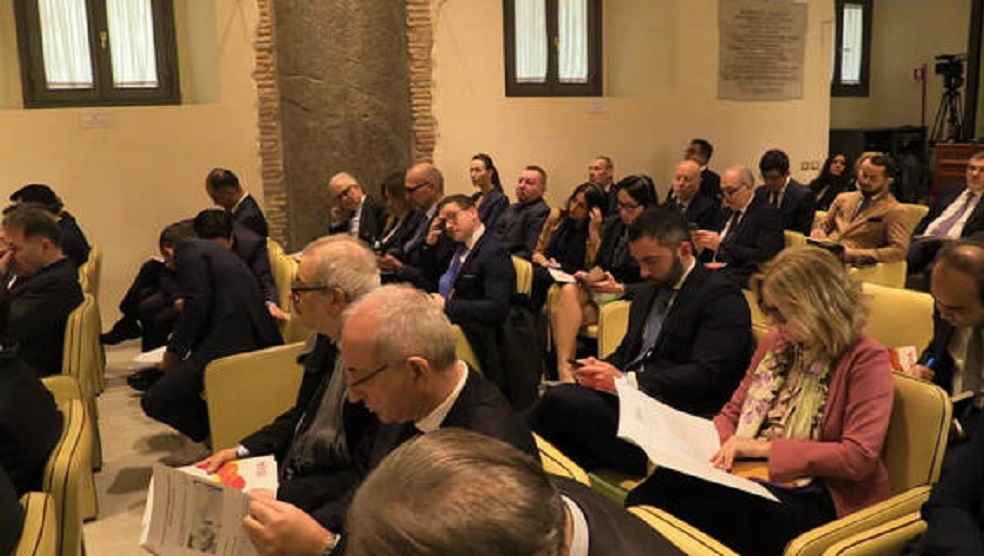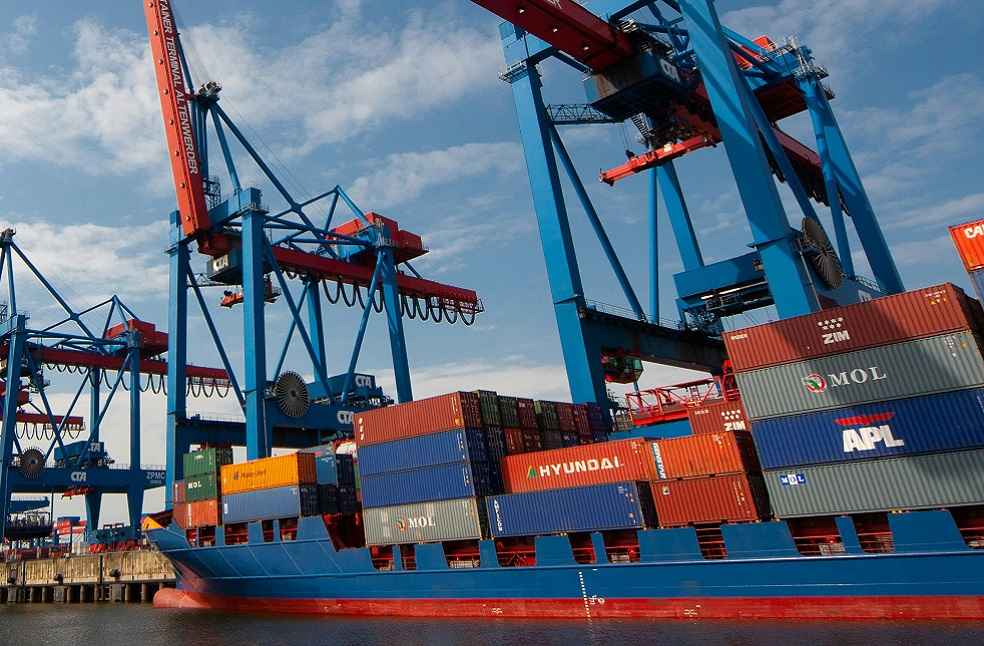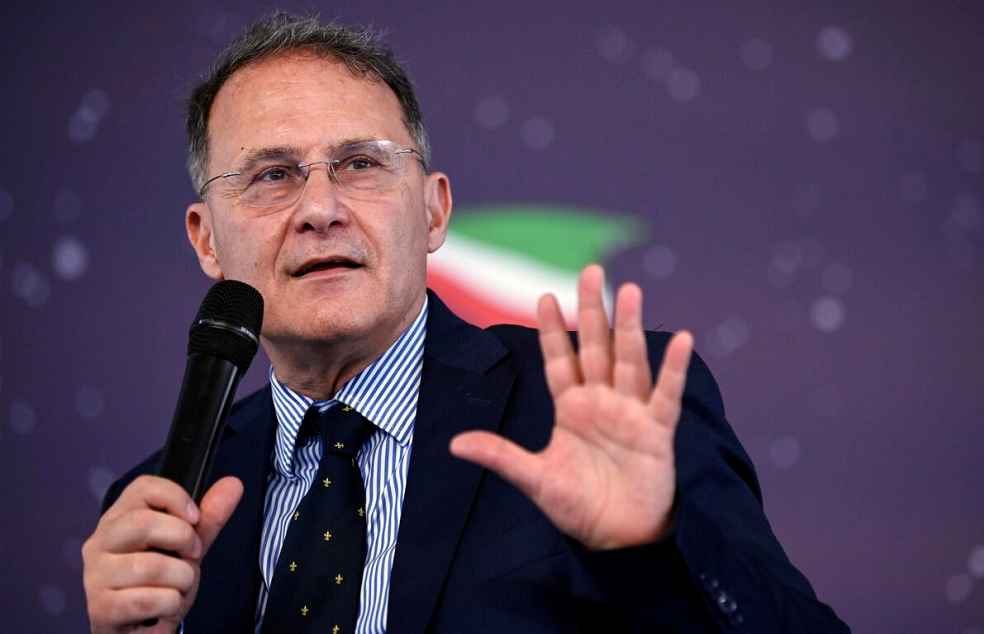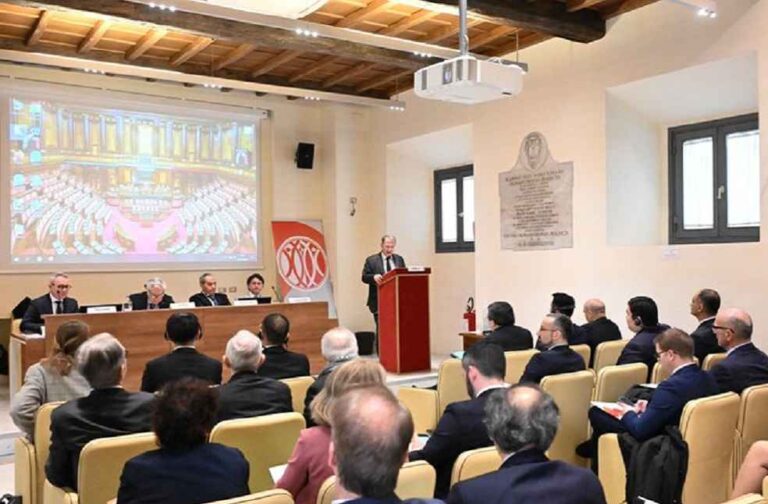Italy embarks on an ambitious journey to fortify economic ties and advance regional cooperation with Central Asia, seizing the strategic ‘Middle Corridor’ as a pivotal conduit for mutual growth and sustainable development. This venture took center stage at a distinguished conference hosted by the Senate of the Italian Parliament on March 9, themed ‘The Middle Corridor: A Safe Transit Route between Italy, Azerbaijan, and Central Asia.’
Orchestrated by the Italian Institute for Asia (ISIA), the gathering convened notable figures, including Edmondo Cirielli, Deputy Minister of Foreign Affairs and International Cooperation of Italy, esteemed parliamentarians, analysts, and diplomatic leaders from Central Asian nations and Azerbaijan. This assembly marked a significant stride in exploring trade cooperation dynamics, focusing on rekindling Italy’s connections with the rapidly evolving Central Asian landscape.

Senator Francesco Silvestro, chair of the Regional Relations Commission of both Italian parliamentary chambers and a key initiator of this conference, underscored the critical need for Italian enterprises to reintegrate with Central Asia. He spotlighted the burgeoning trade ties, with Italy’s exports to the region exceeding $2 billion, unveiling vast opportunities for collaboration and mutual benefits.
Discussions centered on the Trans-Caspian International Transport Route, known as the ‘Middle Corridor,’ celebrated for its strategic viability as an alternative in the contemporary geopolitical landscape, facilitating trade between Asia and Europe. This route is heralded for boosting trade relations between Italy, the European Union, and the Caucasus and Central Asian regions.

Mario Morgoni, President of the ISIA Institute, presented a visionary strategy for the Trans-Caspian corridor, illustrating its capacity as a crucial multimodal transport and energy corridor linking Italy with East Asia. Morgoni highlighted the European Union’s pledge to invest €10 billion in sustainable transport links in Central Asia through the ‘Global Gateway’ initiative, aiming to escalate the corridor’s capacity to 10 million tons of cargo by 2025.
Deputy Minister Edmondo Cirielli confirmed Italy’s dedication to a significant role in developing transport infrastructure and supporting Central Asian economies. He detailed Italy’s focus on critical areas such as water management and ecological sustainability, offering technical and financial backing for pilot projects to address regional challenges.

The conference also spotlighted Uzbekistan’s strategic vision for its transport system through 2035, with a special emphasis on the Trans-Caspian Corridor. Ambassador Abat Faizullayev of Azerbaijan discussed efforts to refine cargo transportation mechanisms and ambitious railway construction projects like the ‘China-Kyrgyzstan-Uzbekistan’ and ‘Termez-Mazari-Sharif-Kabul-Peshawar’ routes. These endeavors aim to significantly elevate regional connectivity and trade volumes, demonstrating the optimistic prospects for Uzbekistan and its allies in this collaborative initiative.
LATEST NEWS | India-Japan Talks Spark Bold Leap in Strategic Partnership



